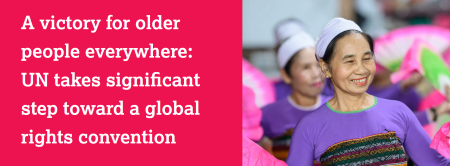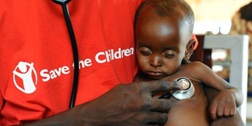Strengthening School Food Programs in Canada
Jun 16, 2025

“We have a tremendous need and opportunity in Canada to strengthen our food system and food security with the National School Food Program. We have just begun this project with the commitment of some... Read more

